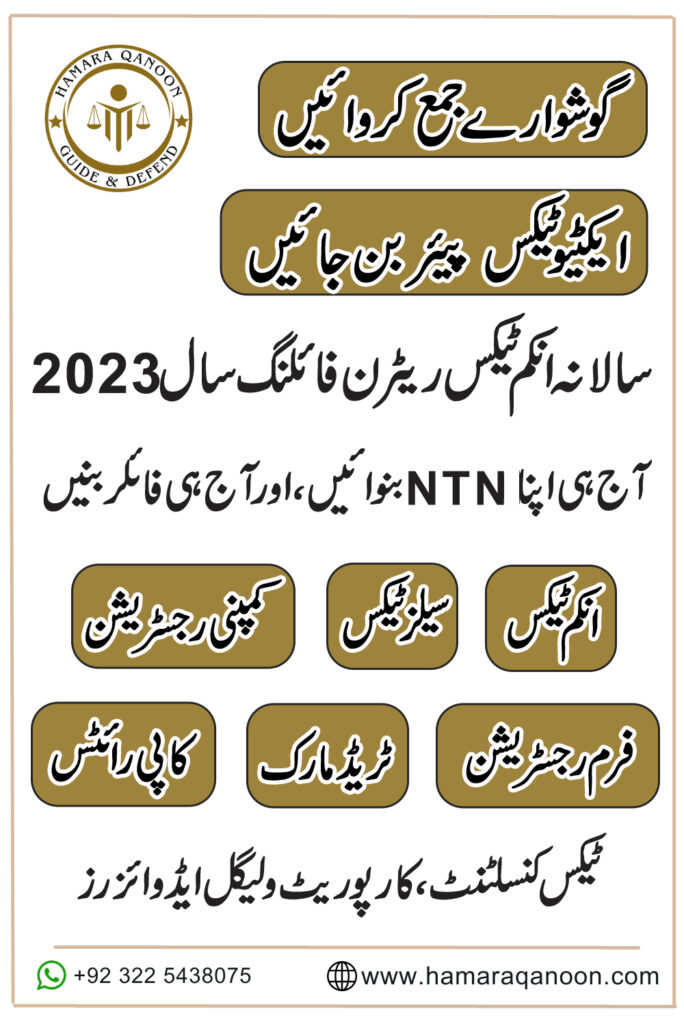Blog - Simplifying Court Marriage in Pakistan: Services to Make Your Day Special
Uncategorized
- Muhammad Jaffar
- June 15, 2023
- 11:45 pm
- 4 Comments
Discover the process of court marriage in Pakistan and explore our specialized services designed to make your day unforgettable. Contact us for a hassle-free experience.
Are you considering court marriage in Pakistan? Learn about the streamlined process and discover our comprehensive services aimed at making your special day truly memorable. Contact us now for a hassle-free experience.
Process of Court Marriage in Pakistan:
The court marriage process in Pakistan is a straightforward and legal option for couples seeking a simple union. Follow these steps for a hassle-free experience:
Documentation: Gather essential documents including identity cards, photographs, and affidavits according to local requirements.
Visit the Local Union Council: Both the bride and groom, along with witnesses, must visit the local Union Council office to submit documents and complete the registration process.
Verification: The Union Council verifies the submitted documents and confirms the eligibility of both parties for marriage.
Issuance of Marriage Certificate: After successful verification, the Union Council issues a legally recognized marriage certificate.
Services to Make Your Day Special:
Elevate your court marriage experience with our tailored services designed to create unforgettable memories:
Expert Consultation: Benefit from detailed consultation with our experienced team who will guide you through the court marriage process and address any concerns.
Documentation Assistance: We ensure accurate and complete documentation, saving you time and avoiding delays.
Witness Arrangement: Leave the logistics to us as we arrange witnesses, ensuring their availability on your special day.
Customized Ceremony Arrangement: From beautifully decorated venues to professional photographers, we provide personalized services to make your court marriage day truly exceptional.
Legal Guidance: Our team of experts ensures compliance with all legal requirements, simplifying the process for a stress-free experience.
Conclusion: Court marriage in Pakistan offers a convenient and legally recognized way to solemnize your union. Our specialized services are designed to make your court marriage day unforgettable. Contact us now for a hassle-free experience and embark on a journey towards a blissful married life.
Recent Posts
Simplifying Court Marriage in Pakistan: Services to Make Your Day Special
MAKE AN APPOINTMENT

